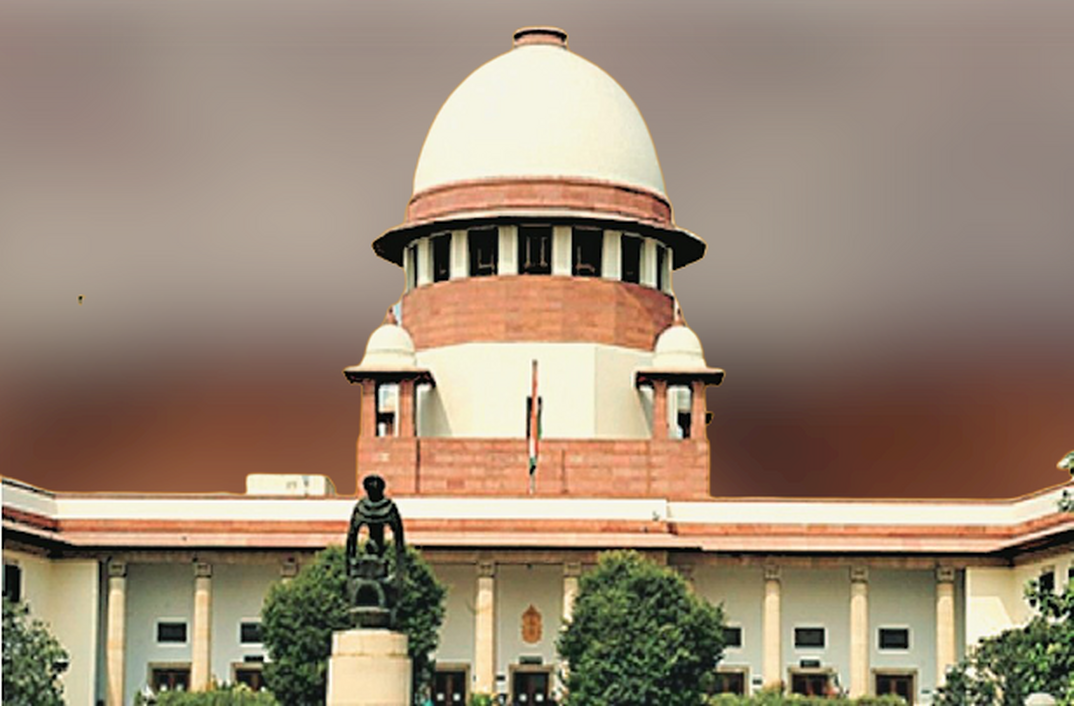In CIVIL APPEAL NO(S).6406-6407 OF 2010-SC- Trial Courts should proceed with drawing up final decree suo motu under Order XX Rule 18 of CPC when preliminary decree is passed; No need to file separate final decree proceedings: SC Justices S.Abdul Nazeer & Vikram Nath [13-06-2022]

Read Order: KATTUKANDI EDATHIL KRISHNAN & ANR Vs. KATTUKANDI EDATHIL VALSAN & ORS
Tulip Kanth
New Delhi, June 14, 2022: Directing the Trial Courts to list the matter suo motu for taking steps under Order XX Rule 18 of the CPC soon after passing of the preliminary decree for partition, the Apex Court has granted relief to the first plaintiff in a property suit where his parents were not married but their long co-habitation established their relationship of husband-wife.
The Bench of Justice S.Abdul Nazeer and Justice Vikram Nath asserted, “It is well settled that if a man and a woman live together for long years as husband and wife, there would be a presumption in favour of wedlock. Such a presumption could be drawn under Section 114 of the Evidence Act. Although, the presumption is rebuttable, a heavy burden lies on him who seek to deprive the relationship of legal origin to prove that no marriage took place.”
In this property dispute, the said property originally belonged to one Kattukandi Edathil Kanaran Vaidyar who had four sons, namely, Damodaran, Achuthan, Sekharan and Narayanan. Achuthan married Kalyani and they had a son named Karunakaran (first Defendant). Karunakaran married Umadevi (third Defendant) and they had three children but Sekharan and Narayanan did not marry. The plaintiffs contended that Damodaran married one Chiruthakutty and they had a son by the name of Krishnan (first Plaintiff). However, the defendants contended that Damodaran never married Chiruthakutty. The plaintiffs claimed half share in the suit schedule property.
The Trial Court held that Damodaran had a long co-habitation with Chiruthakutty and that due to such co-habitation, it could be concluded that Damodaran had married Chiruthakutty and that the first plaintiff was the son born in the said wedlock. So, a preliminary decree was passed for partition of the suit property into two shares and one such share was allotted to the plaintiffs. Aggrieved by the said judgment, the first defendant filed an appeal before the High Court.The High Court allowed the appeal and denied partition of the property. It was this judgment of the High Court which was under challenge in these appeals.
Noticing that the contention of the plaintiffs was that the marriage of Damodaran and Chiruthakutty was performed in the year 1940, the Bench noted that the first plaintiff was born in 1942 and the documents on record coupled with the evidence of the neighbor showed the long duration of cohabitation between Damodaran and Chiruthakutty as husband and wife. The first plaintiff joined military service in 1963 and retired in 1979. Thereafter he had taken the steps to file a suit for partition of the suit schedule property.
According to the Bench, the defendants had failed to rebut the presumption in favour of a marriage between Damodaran and Chiruthakutty on account of their long co-habitation and hence, the High Court was not justified in setting aside the said judgment of the Trial Court.
On the issue of delay in initiating final decree proceedings under Order XX Rule 18 of the CPC, the Bench observed that once a preliminary decree is passed by the Trial Court, the court should proceed with the case for drawing up the final decree suo motu. Thus, allowing the appeal, the Apex Court directed the Trial Courts to list the matter for taking steps under Order XX Rule 18 of the CPC soon after passing of the preliminary decree for partition and separate possession of the property, suo motu and without requiring initiation of any separate proceedings.
Sign up for our weekly newsletter to stay up to date on our product, events featured blog, special offer and all of the exciting things that take place here at Legitquest.




Add a Comment